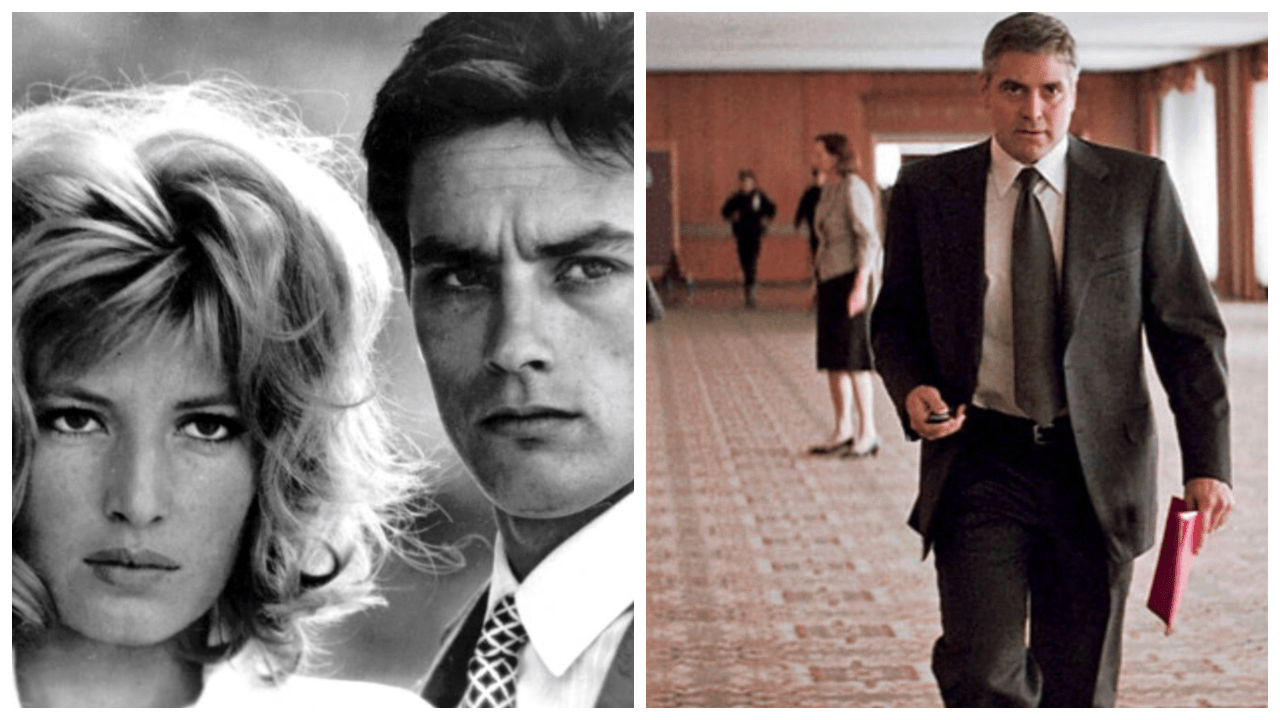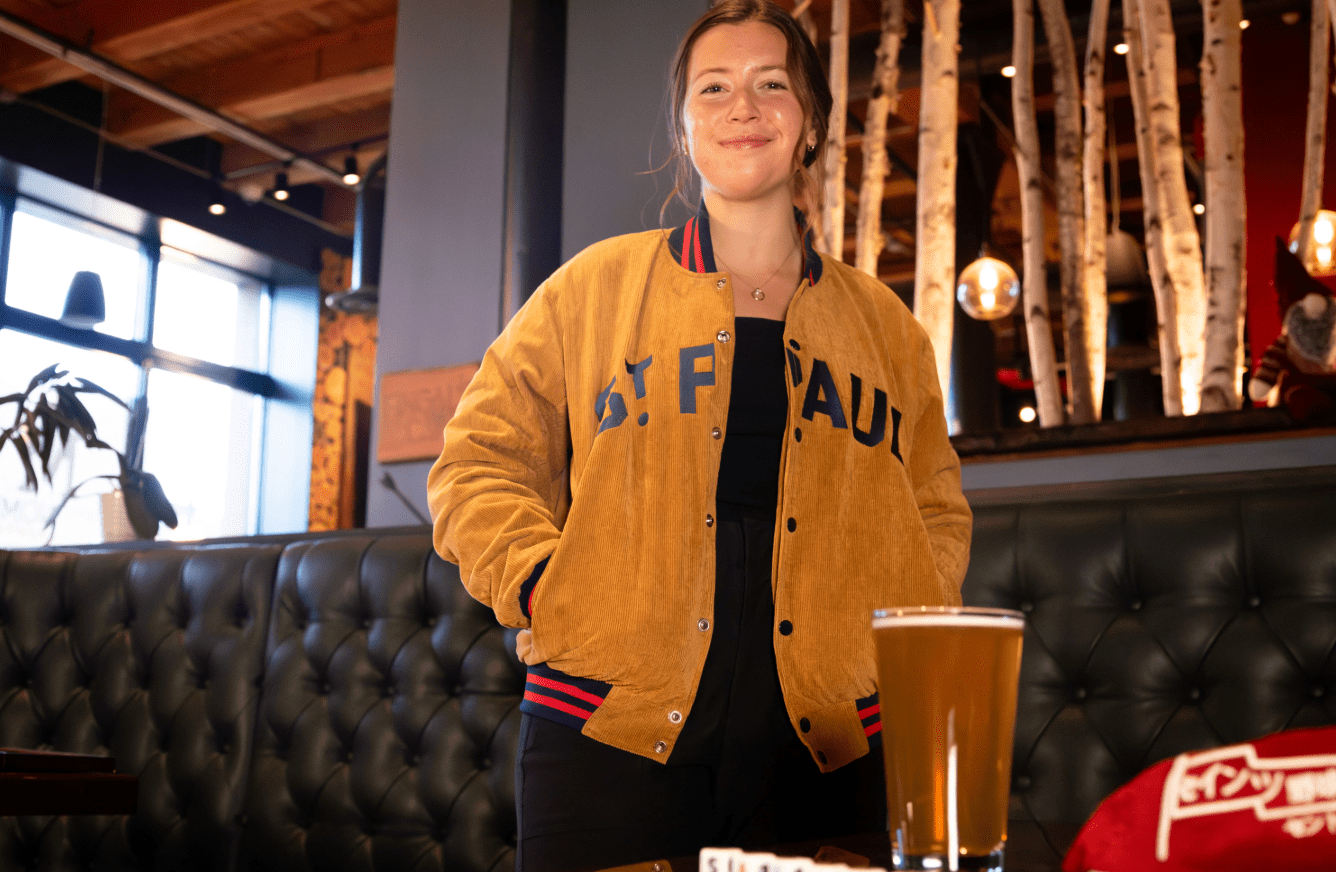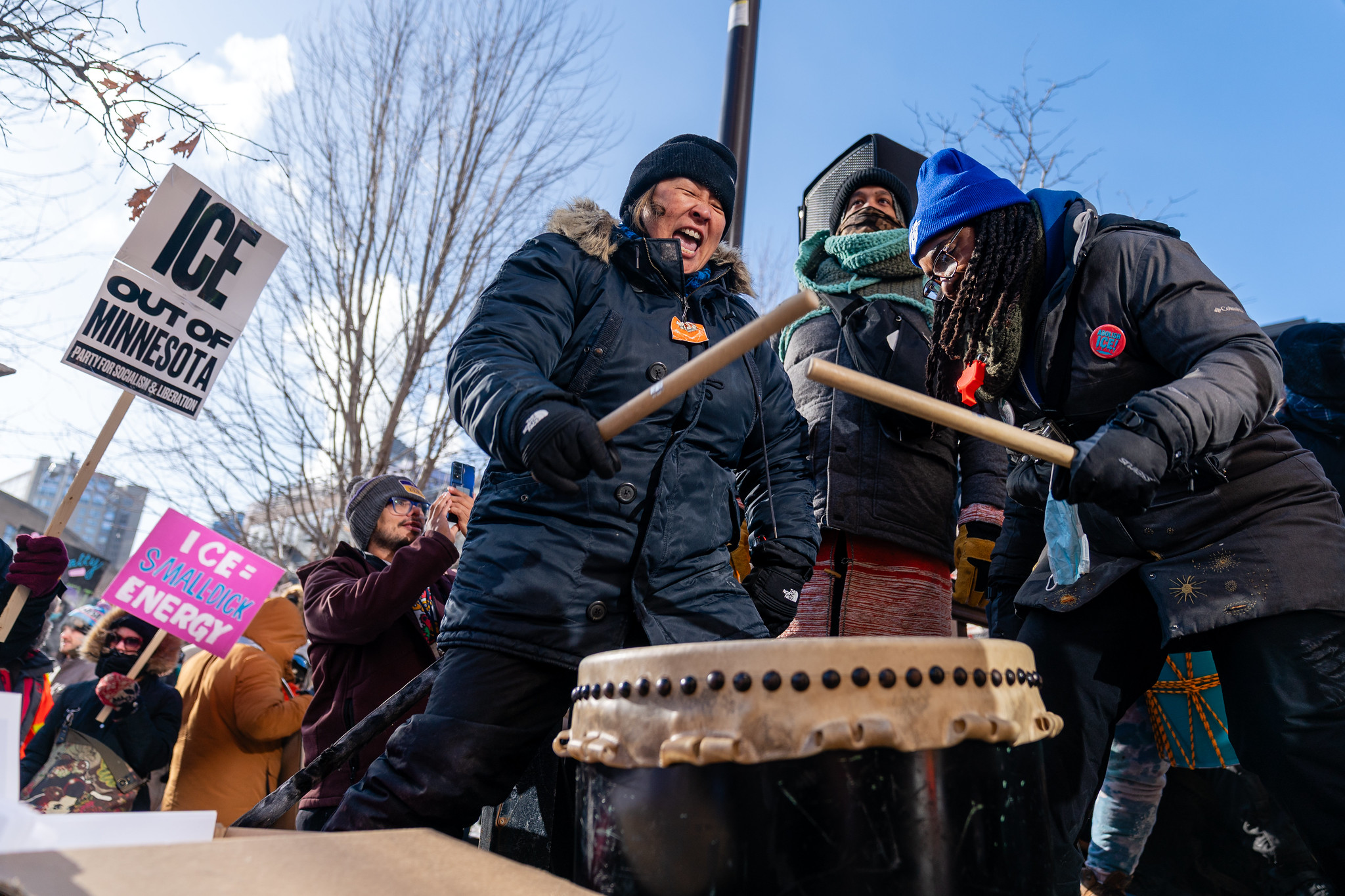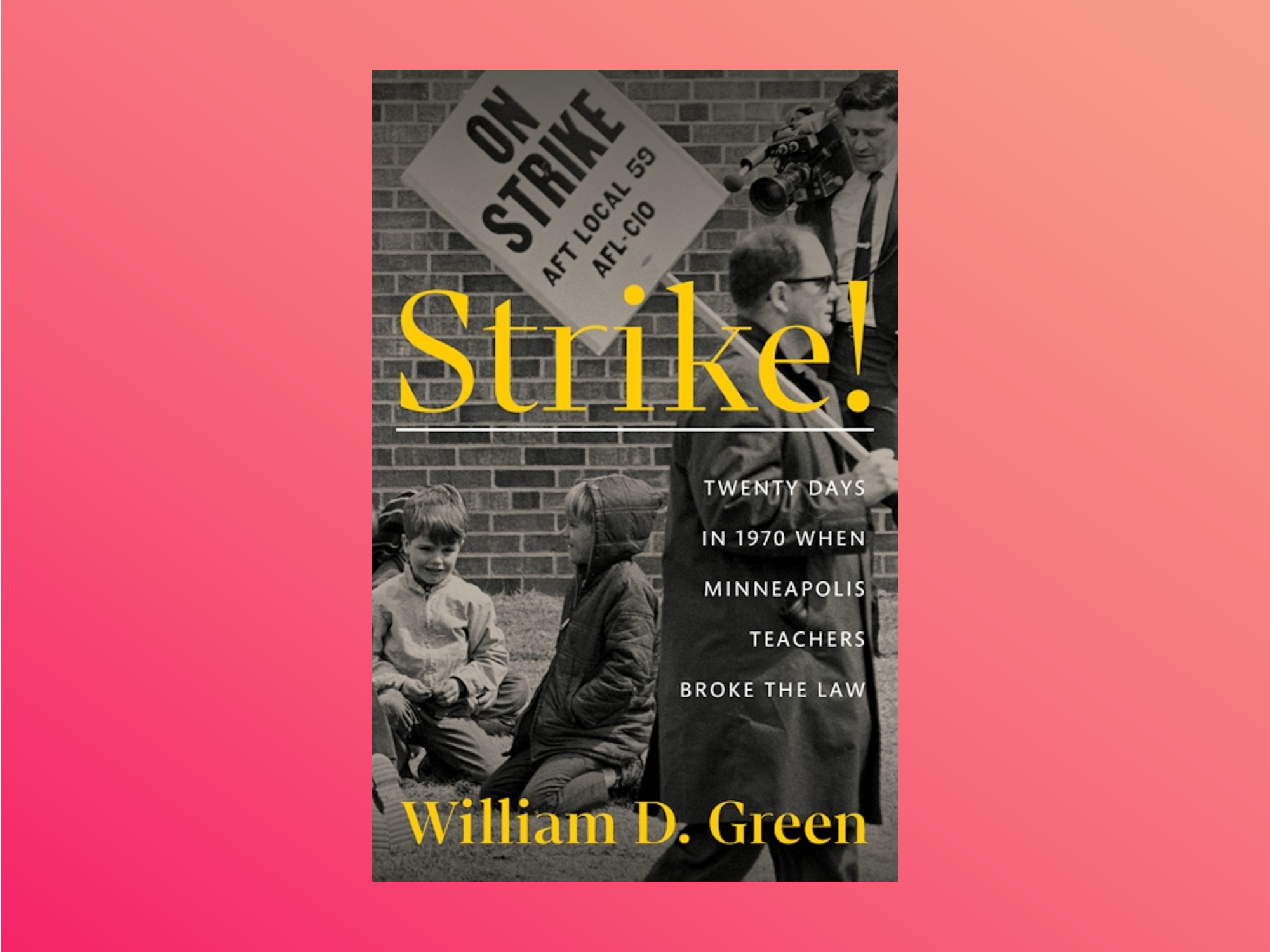Here in Minneapolis, we were so immersed in the events following the police murder of George Floyd—the uprising, the push to dismantle the police department, the eventual backlash—that it can be hard to keep everything in perspective. In her new book from Princeton University Press, The Minneapolis Reckoning: Race, Violence, and the Politics of Policing in America, University of Minnesota sociology professor Michelle Phelps helps us regain our bearings. Phelps takes a long historical view of how policing developed in Minneapolis and examines the response to the Floyd murder within the context of the particularities of Minneapolis politics and government.
In advance of Phelps’s two upcoming book discussions—tonight at Moon Palace Books in south Minneapolis and at The Get Down Coffee in north Minneapolis on June 27—I had the chance to talk with her about her book and also about a recent New Republic piece of hers, "The Minneapolis Police Department Is Dismantling Itself," addressing the shrinkage of the MPD. We talked about the "Powderhorn declaration" of 2020, where City Council members called for the end of the MPD, the failure of the “Question 2” charter amendment, which would have replaced the police department with a public safety department, and above all, the uniqueness of the situation in which Minneapolis found itself in June 2020.
I'll start with the most cynical question and then hopefully we can get a little more hopeful from there. Given this huge new police contract, and questions about how the funding for police alternatives is being used, and the failure to reduce the police budget and to amend the city charter to replace the MPD, can we really say that there was a “Minneapolis reckoning”?
I think one reaction to that is whether or not we see profound shifts in the way that public safety operates in Minneapolis. Summer 2020 was a really unique moment. As time passes, it's easy to forget how unusual that moment was. There was a police precinct that was torched. A veto-proof majority of the City Council stood on the stage and said police reform can't happen, we're gonna end the Minneapolis Police Department. Even if we've seen a backlash since then, which is its own kind of reckoning, it seems important to me that we kind of acknowledge how unique that moment was.
I do think that there are important shifts. Probably the most salient is that the Minneapolis Police Department is a third smaller than it was in May 2020. Not because it was disbanded, not because it was defunded, but because they can't find enough people to hire and retain as officers.
And this city has done some really important work in building out violence interruption programs—with the caveat that we don't know what they're doing right now and there's a lot of uncertainty about what that will look like moving forward. The behavioral crisis response teams are in a more solid place these days, responding to crises across the city 24/7 now, and are poised to expand that work.
And the way that everyday residents think about what it means to invoke the police has shifted. I do think things have shifted in meaningful ways, even if it wasn't the sort of wholesale transformation folks were hoping to see.
In your New Republic piece, you frame the MPD’s loss of officers as essentially an abolitionist victory, right?
Yes, and the politics of that have been really really interesting. I mean, I think because the decline in officers came at a time where there was rising exposure to victimization—particularly higher homicide rates in north Minneapolis—organizers don't want to claim that is a victory. Not when there was so much fear-mongering that tied the rise in victimization directly to that loss in officers. What also makes it hard to claim it as a victory is that the budget for the department is not smaller. We do not have a new department.
Then again, the fact that MPD had so much trouble hiring and retaining officers has everything to do with the department’s reputation, and that’s not really because of organizers. When people defend the police department they tend to start the clock with the unrest or the Powderhorn declaration and then look at all these negative consequences, but the starting point was the murder of George Floyd. The MPD had sown the seeds of their own downfall both in terms of being responsible for the murder and in all lapses in training and misconduct reviews that led to that moment.
The latest news of course is the rise in salaries, and I'm hopeful that perhaps that will do some good in terms of recruiting quality officers. But fundamentally, I don't think any amount of money is going to solve this problem. It’s a cultural problem.
So if we start with the premise that we're never going to get back to 900 officers, at least not any time in the near future, then the question becomes “How do we shift some of those calls that we would otherwise send to police, or how do we prevent some of those calls in the first place?” And I wish that's where the public conversation was, rather than this somewhat delusional conversation about how to create enough incentives that we can get that number back up.
It's a moment of opportunity. There's this whole generation of young people that wants to get involved in public safety in different ways, and it's up to us to figure out how to train those folks. What are the job categories? How do we deploy them? What does that look like? People who asked voters to vote "no" on the charter initiative often said we can still do that reform without changing the charter—which was true. But now is the time to make good on those promises.
But to start doing that would I assume require different leadership—without pointing fingers, at least at the mayoral level?
Yes. The Minneapolis City Charter has always granted a lot of oversight of the police department to the mayor. The council plays a role in shaping the budget and helping to build community support and gather community input for some of these new models, but I think fundamentally, yeah, we need to see leadership from the mayor's office, and from this new Office of Community Safety and its commissioner. As long as they remain focused on how to build up the MPD it’s really hard then to build up these other programs, which is what we've seen in recent City Council meetings, where the commissioner has been really unprepared to answer questions about some of these different units.
So you referred to the debate over when the clock starts—is it when the unrest happens, is it the murder of George Floyd—but in your book you really make the point the clock started way before that.
Generations earlier, right.
The whole first half of the book is a history of policing in Minneapolis.
You sometimes hear people say that police reform has always failed and policing has always looked the way that it does. One thing I wanted to say with that chapter was to say that policing has actually looked quite different in different periods of the city if we go far back enough. We can actually see a time before we had a city police force. We can see how, when a city grows and modernizes, it becomes a city in part through violence and colonization. How do we see that police forces change over time just to show kind of what the different models are across this historical trajectory?
The closest parallel to what we saw in summer 2020 was of course the Long Hot Summer of 1967, where we similarly saw racial justice kind of rise to the forefront. People really think about the Kerner Commission as emblematic of what we could have learned from that moment, and what the Kerner Commission says is white racism is responsible for racial inequality and the riots that we're seeing are not simply this kind of mass unrest with no cause. Police violence is sparking these reactions because of the oppression that these communities are facing, so if you want to solve the problem of riots, you actually have to solve the problems of policing, and to solve the problems of policing you have to probably solve societal problems.
And we don't learn that, and instead we see this rightward shift both in Minneapolis and other states and at the national level as well. And that to me felt like the missed opportunity or the moment in history where perhaps things could have gone differently.
The police represent the last stage in a long stage of state failure. If we want to really think about the drivers and ultimate solutions of both crime in the community and violence by police, you can't just fix policing. Going back in time through the city's history helps us to see that a bit more clearly.
Black and white residents have experienced policing in really fundamentally different ways, because Black residents weren't just more exposed to police violence but to violence in the community. They were the communities, particularly north Minneapolis, that felt most acutely this bind between: How do you solve community violence and police violence at the same time?
The lack of support that we saw in some pockets of north Minneapolis for the charter initiative wasn't about support for the MPD or trust in the MPD, but about a really deep ambivalence about whether the charter amendment in the world it existed was gonna lead to more safety. By that point we knew that the first Black police chief in the city's history was aggressively against the proposal. We already had this mass exodus of officers. And of course people had questions about what this would look like in terms of its implementation.
I was wondering what parts of Minneapolis history you think were particularly glossed over or lost in the immediate discussion of what happened here after George Floyd’s murder.
Locally there were a lot of good models of people getting the story, but it’s with the national media where you lost the context. Local journalists were doing incredible work during this period, and they were talking about who's on City Council and what it is that they're fighting for. They were talking about the nuances of what the public did and did not support and how the charter amendment connected to that. But when you zoomed out to the national perspective the story was that in summer 2020 Minneapolis is going to abolish its police department, and then in fall 2021 they failed, and everything is over, and “defund” was this huge mistake of a political slogan from this super radical far left City Council.
What I wanted to say was that for the people who were living through this, it was really clear from the get-go that the answer wasn't going to be in Minneapolis that there were no police. The kind of folks who were standing on stage really had different ideas about what “dismantle” meant. They were coming to that moment out of a sense of frustration and a deep sense of loss and grief.
It was also clear that even though the charter amendment failed to pass in November 2021, that a lot of the pieces that were supposed to go into that could happen without a charter amendment. And in fact some have moved forward, both initiatives that are led by City Hall but also initiatives that are happening just by everyday residents who are fighting for change on the ground.
One of the real missed opportunities of the charter amendment is that coming together of different perspectives about how to fix this problem or at least start to chip away at it. So much of the air in the room was devoted to the charter amendment that when that fails it creates a vacuum locally around what people are pushing for.
Do you think that push for the charter amendment was a mistake? What alternatives would you have envisioned?
The most obvious one is that there were sets of community organizers who had been really deep in the fight around police accountability for a long time, particularly Black residents in north Minneapolis who did not support the idea of defunding police. There was a long time there to try and get more buy-in from north Minneapolis, to think about how we would ensure what the charter amendment was promising. And so I think if groups could have created a bit more common alignment on what exactly the charter amendment was going into the vote, I think that would have helped.
It seemed like a lot of people took that year-long delay as a loss in a way instead of as an opportunity to build. Which feels sort of common—I’m digressing here—but it feels like a common sort of left response to pushback in Minneapolis. Instead of "What can we do with this?" it's always "We ran into the wall again."
There’s always this kind of rhetorical battle when you think about police violence, this competition to see who can claim the mantle of authentically representing Black communities’ interests. One side says, “What the Black community wants is fewer police, because of police violence," and then the opposing view says, “No, Black communities really want more and better policing.” And we saw similar contrasting views of the role of white folks in Minneapolis, between this idea that it was only delusional white progressives that were leading the charge for the defund initiative or that it was white elites that blocked the change that would have finally led to real racial justice.
The argument that “We're blocked by this undemocratic commission”—I understand that critique. But also policy-making is slow, and it's designed to be slow and deliberate, and you want some of it to be slow and deliberate when you're trying to redesign really complicated processes, right? The City Council had initially said, “Let's do a year of talking to community and residents about what people want to see,” and then they were sort of forced into taking that year.
How have people responded to the book in other cities? What does it seem like they're learning about Minneapolis and what happened here? And how much of that feels relevant for people in other cities?
I do argue in the book that this is very much a Minneapolis story, and that's by design. There were too many of these books around policing and police violence that took this really broad view, and you had to get into the weeds of how city budgets work and how you build the political constituency to support this movement. What are the electoral dynamics? You have to really know a place to really understand what was happening.
But that was never to say that the conclusions were only for Minneapolis or for the Midwest. If you look at rates of police killings, if you look at staffing rates, if you look at violence rates, if you look at the unaccountability of police officers, Minneapolis stands out to people because we have enough activists and organizers here to call attention to the problem, which is a fairly typical rate of problem compared to other similarly sized cities. There are lots of cities in the South and the regions of the country that lean more conservative that have higher rates of police violence, but we just never hear about those places.
The lessons of the book that I'm seeing other people pick up are around this kind of tension of why is it even in left-leaning spaces that we can't seem to do more about the problem of police violence and why we seem always to continually be and have buffeted between these concerns about police violence and concerns about community violence. You can see similar things in Chicago and New York and Portland and Madison, but why are we not even looking at police violence in the other kinds of places that don't ping on that radar, and what does that say about the scale of change that would be needed to really think about police violence nationally. It's not enough to change these sort of left-leaning cities, and you have to go much broader and deeper than that.
The most interesting question I've gotten at book talks—and I don't have a good answer to it—was from an organizer who had done years of BLM organizing. The question was essentially, “Was police violence ever going to be the right vehicle for a broader struggle around Black liberation and equality?” If you were to plan a movement was this the right thing to plan the movement around?
On the one hand, focusing on state violence makes so much intuitive sense because it is where we see kind of most viscerally structural violence. We see victims and individual stories that are played out.
But in some ways it's one of the places where it is the most difficult to make tangible change, and it narrows the scope of the problem so that you're thinking of this in a very spectacular way—in the literal sense of a spectacle that draws a lot of eyes to state violence and not these more routine or mundane forms of state violence where maybe you could have been able to get enough momentum to make policy shifts. But how do you mobilize around these sorts of routine and mundane forms of state violence? I'll be thinking about that question for a long time.
This interview has been edited for length and clarity.
Book Discussion: The Minneapolis Reckoning with Michelle Phelps
Where: Moon Palace Books
When: 6 p.m. Tue., June 11
With: Moderated by Marisa Stevenson
Tickets: Free; more info here
The Minneapolis Reckoning: A Book Conversation with Cinnamon Pelly & Michelle Phelps
Where: The Get Down Coffee
When: 6 p.m., Thu., June 27
Tickets: Free; more info here






